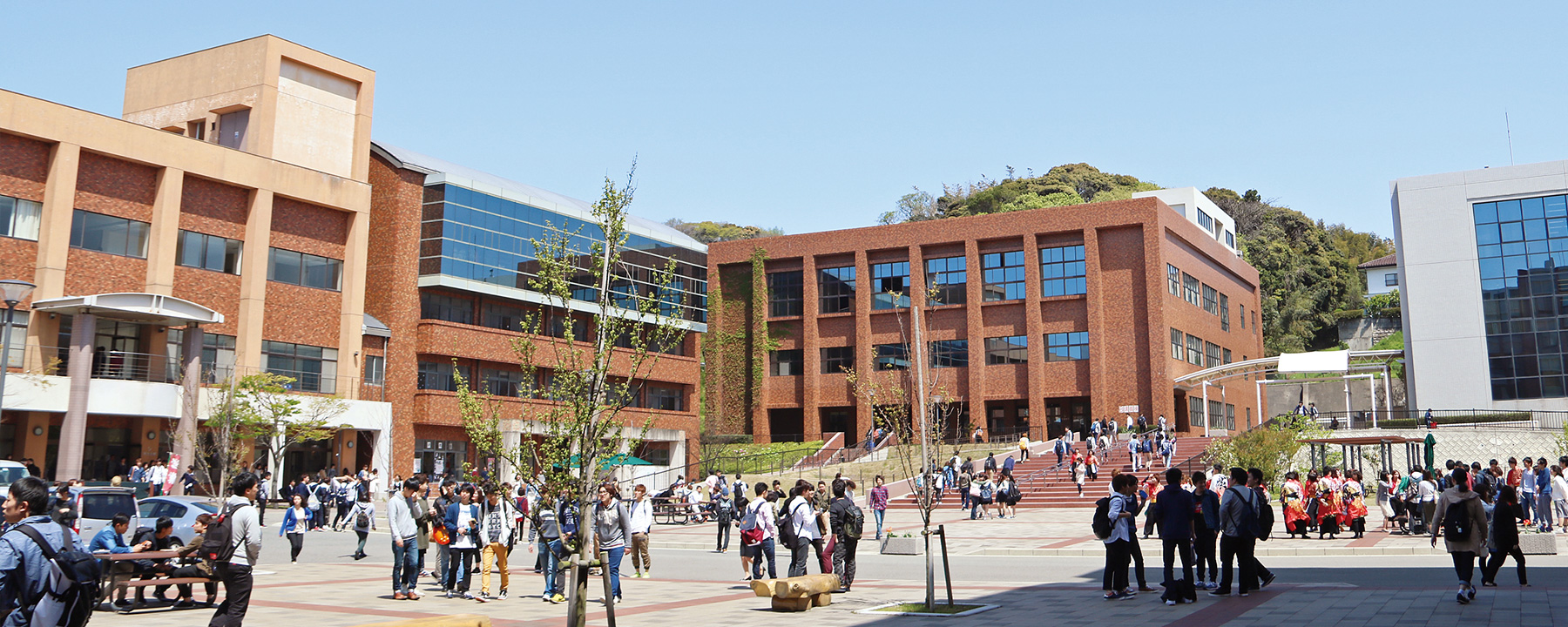- Home
- Undergraduate / Department / Graduate School
- Teacher Information
- Teacher Information (Degree and Achievements)
- Teacher Details
Teacher Information (Degree and Achievements)
Teacher Details


NAGAHAMA Koichi
NAGAHAMA Koichi
- Affiliation
- Faculty of Economics Department of Economics
- Job rank
- Associate Professor
- Position
Researcher Information
Area of expertise
Western Economic History
Courses in charge
Western history A, Western history B, Western economic history, specialized exercises I and II, etc.
Educational background
Graduate School of Economics, Kyushu University, Ph.D.
Acquired degree
Ph.D. (economics)
Affiliated Society
Society of Socioeconomic History, Kyushu Historical Science
Research Keywords
Current research theme
“Economic Development and Nation Awareness in the Hapsburg Empire”
He is interested in Central Europe from the late 19th century to the early 20th century, and focuses on economic development and the formation of consciousness. In particular, Prague has been selected as a region, focusing on the activities of the Chamber of Commerce and Industry and the local businessmen. The Hapsburg Empire after the end of the 19th century was dominated by the view that it had declined due to ethnic conflict, but it is examining how the economists of the region considered and responded to the ethnic conflict.
Main research results and activities
・"The Attempts of Western Economic History Seminars in the Anti-intellectual Era" edited by Osamu Kimura and Mikio Furukawa, Ishifusha, 2017, pp.173-207.
・NAGAHAMA Koichi, 1898 “On the Interviews of Businessmen in Prague (1)” “Faculty of Economics, University of Nagasaki” No. 50, No. 3, 2016, pp. 23-45。
・NAGAHAMA Koichi, “Proposal for Ethnic Reconciliation in the Prague Business Community, Faculty of Economics, University of Nagasaki, Vol. 49, No. 3, 2015, pp. 1-27.
・NAGAHAMA Koichi, Faculty of Economics, Vol. 47, No. 1, 2013, pp. 1-28, 2013.
Classes and Seminars
My seminar
The seminar on Western history and Western economic history is selected every year with a focus on "past and modern dialogue". On campus, we will continue to prepare for graduation thesis while cultivating the basic skills of reading, compiling, and communicating Japanese literature in an easy-to-understand manner. We also value learning outside the university, such as visiting fair trade and joint presentations with seminars from other universities. We aim to be a seminar where students and faculty can grow together.







